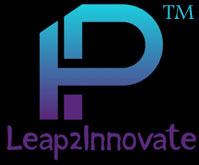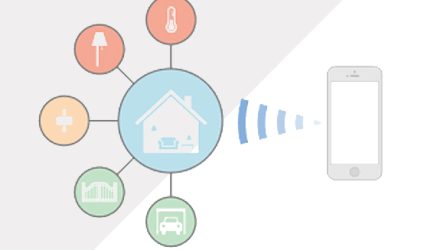
From my earlier post on Smart Home, there was question from reader: Is Convenience the only reason to go for Smart Home?
To be honest, Answer is Yes. Now convenience means different to different individuals. For Home inmates whos on the go, always multitasking, convenience mean: Automating as many things as possible. While dinner is getting cooked, laundry is getting done as well as Kid’s homework is on check!
However, for a lonely elderly person staying alone, convenience mean: Staying safe, well connected with people they love and get work done with minimum effort.
For Disabled people its more about how can voice assistant/enabling other tech gadgets do their work, without having to put in much effort.
Besides some of the cool gadgets that I described in the earlier blog, like: Smart doorbell, speaker, smart lights, Smart thermostats etc., Another emerging segment is to enable quality of living for disabled/elderly folks.
Many Software firms have announced software services and updates for people with disabilities and key summary on their efforts are as below:
Apple: Announced various software features designed for people with mobility, vision, hearing & cognitive disabilities. Most can also work in elderly care. Example: People with limb issues will be able to use Apple watch with “Assistive Touch”, iPads will support 3rd party eye tracking hardware for easier control, for blind and low vision group, Apple’s Voice Over screen reader will use on-device intelligence to explore objects within images. Its MFI Program (made for iPhone/iPad/iPod) will soon support new bi-directional hearing aids. Apple has joined with various partners for better solution, recent one being Partner with Chinese app developer Changba to offer services for blind people to sing.
Microsoft: Focused on barrier-free technologies used in the workplace. It recently announced a five-year plan to create more opportunities for people with disabilities.
Huawei: Huawei is offering AI-featured voice recognition and substitute functions for people with difficulties. It provides a “screen sharing” function, which allows people to help aged parents set up smartphones remotely.
Few other interesting developments from other firms as below:
1.To enable Speech impairment individuals to enjoy Alexa services:
Voiceitt: AI-powered speech recognition app for those with speech impairments. Mainly this app translates nonstandard speech patterns into clear speech in real time. Integrated with Amazon voice services API, backed by app, Alexa can understand command given in the user’s own voice. Do not require any expensive device or technical expertise to use. Easy to use from anywhere with smart phones/tablets, recognizes any language, real time translation/faster, handsfree/voice activated.
As CEO and co-founder Danny Weissberg tells Verdict, his company’s app “translates atypical speech to allow users to communicate in their own voice with loved ones, caretakers and others” (his emphasis)- As per the press
2.Good news for senior citizens/older adults to live happier life:
ElliQ : Israel’s Intuition Robotics is a moving, speaking lamp, created with the goal of minimizing the impacts of loneliness and social isolation amongst older adults, while empowering their independence at home. Proactively engages with users in multiple ways: Speech, movement, LEDs, On Screen UI, to provide rich experience.
Constant Companion: This is another voice focused firm, integrates Google and Apple’s Siri to empower older adults, those with disabilities/living alone to staty more engaged/connected and feel protected.
“According to the WHO, the share of elderly (aged 60 and over) will increase from 12% in 2015 to 22% in 2050,” Nilsson adds. “Adoption of voice user interfaces among the elderly is already high (for those) with movement and dexterity problems, loneliness and memory loss. That demand will most certainly increase significantly going forward.” – As per the press.



